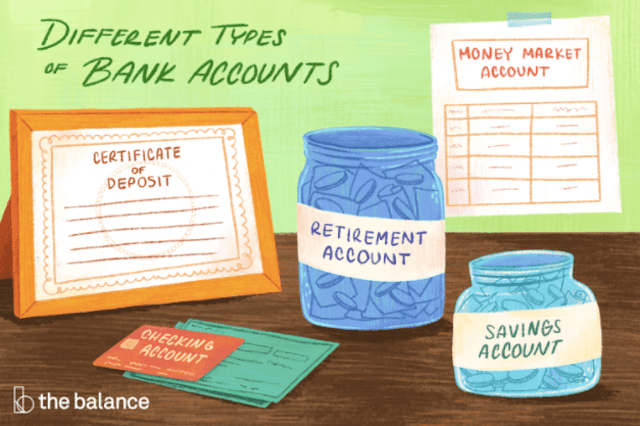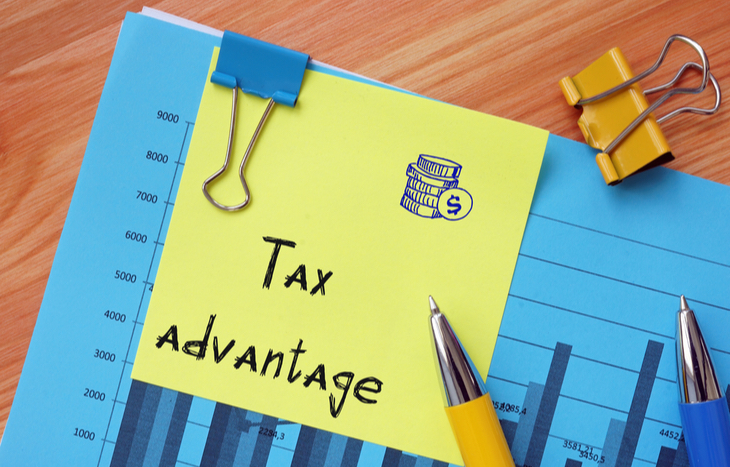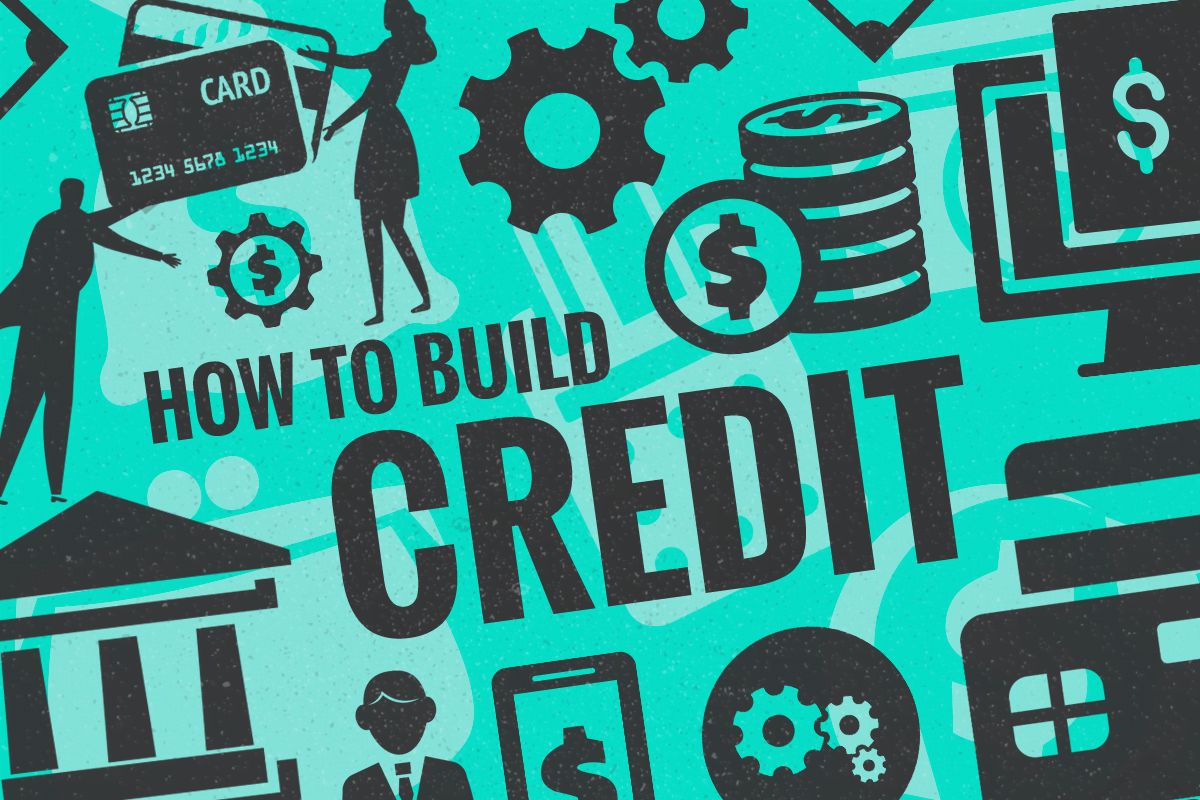-
Table of Contents
“Empower your financial future: Master the art of responsible credit card usage.”
Using credit cards responsibly is essential for maintaining a healthy financial life. When used wisely, credit cards can provide convenience, security, and even rewards. However, it is crucial to understand the proper way to manage credit cards to avoid falling into debt or damaging your credit score. In this guide, we will outline some key tips on how to use credit cards responsibly, helping you make the most of their benefits while staying financially responsible.
Understanding Credit Card Interest Rates
Credit cards have become an essential part of our daily lives, offering convenience and flexibility when it comes to making purchases. However, it is crucial to use credit cards responsibly to avoid falling into debt and damaging your financial well-being. One key aspect of responsible credit card usage is understanding credit card interest rates.
Interest rates are the fees charged by credit card companies for borrowing money. When you make a purchase using your credit card and do not pay off the full balance by the due date, you will be charged interest on the remaining balance. It is important to note that credit card interest rates can vary widely, depending on factors such as your credit score and the type of credit card you have.
To use credit cards responsibly, it is crucial to understand how interest rates work and how they can impact your finances. One of the first things to consider is the annual percentage rate (APR) of your credit card. The APR represents the cost of borrowing money on an annual basis and includes both the interest rate and any additional fees or charges. It is important to compare APRs when choosing a credit card to ensure you are getting the best deal.
Another important aspect to understand is the difference between a fixed interest rate and a variable interest rate. A fixed interest rate remains the same over time, providing stability and predictability in your monthly payments. On the other hand, a variable interest rate can fluctuate based on changes in the market or other factors. While variable interest rates may initially be lower, they can increase over time, potentially leading to higher monthly payments.
Credit card companies often offer introductory or promotional interest rates to attract new customers. These rates are usually lower than the standard interest rates and can be a great way to save money on interest charges. However, it is important to read the fine print and understand when the promotional rate expires. Once the promotional period ends, the interest rate will revert to the standard rate, which may be significantly higher.
To avoid paying unnecessary interest charges, it is crucial to pay off your credit card balance in full each month. By doing so, you can take advantage of the interest-free grace period offered by most credit cards. This grace period typically lasts between 21 and 25 days, giving you time to pay off your balance without incurring any interest charges. However, if you carry a balance from month to month, interest will be charged on the remaining balance, increasing your overall debt.
If you find yourself unable to pay off your credit card balance in full, it is important to make more than the minimum payment each month. By paying more than the minimum, you can reduce the amount of interest charged and pay off your debt faster. It is also advisable to prioritize paying off credit card debt with the highest interest rates first, as this will save you the most money in the long run.
In conclusion, understanding credit card interest rates is essential for using credit cards responsibly. By comparing APRs, choosing the right type of interest rate, and paying off your balance in full each month, you can avoid unnecessary interest charges and maintain a healthy financial life. Remember, responsible credit card usage is key to building a strong credit history and achieving your financial goals.
Tips for Managing Credit Card Debt
Credit cards can be a convenient and useful tool for managing your finances, but they can also lead to debt if not used responsibly. If you find yourself struggling with credit card debt, don’t worry – there are steps you can take to manage it effectively and regain control of your financial situation.
First and foremost, it’s important to create a budget and stick to it. This means tracking your income and expenses, and allocating a certain amount of money each month towards paying off your credit card debt. By having a clear understanding of your financial situation, you can make informed decisions about how much you can afford to pay towards your debt.
Another tip for managing credit card debt is to prioritize your payments. Start by paying off the credit card with the highest interest rate first, as this will save you money in the long run. Make the minimum payments on your other cards while focusing on paying off the highest interest rate card. Once that card is paid off, move on to the next one with the highest interest rate, and so on.
Consolidating your credit card debt can also be a helpful strategy. This involves transferring your balances to a single credit card with a lower interest rate. By doing this, you can save money on interest and make it easier to manage your debt. However, it’s important to be cautious when considering this option, as it may come with balance transfer fees or other costs.
If you’re struggling to make your credit card payments, it may be worth reaching out to your credit card issuer to discuss your options. They may be able to offer you a lower interest rate, a temporary payment plan, or other assistance programs. It’s always better to communicate with your credit card issuer rather than ignoring the problem, as they may be willing to work with you to find a solution.
In addition to these tips, it’s important to avoid making new charges on your credit cards while you’re trying to pay off your debt. This can be challenging, especially if you’re used to relying on your credit cards for everyday expenses. However, by using cash or a debit card instead, you can avoid adding to your debt and focus on paying it off.
Finally, it’s crucial to educate yourself about credit card terms and conditions. Understanding the interest rates, fees, and other charges associated with your credit cards can help you make informed decisions and avoid unnecessary costs. Take the time to read through your credit card statements and ask questions if anything is unclear.
Managing credit card debt requires discipline and commitment, but it is possible to regain control of your finances. By creating a budget, prioritizing payments, considering consolidation, communicating with your credit card issuer, avoiding new charges, and educating yourself about credit card terms, you can take steps towards using credit cards responsibly and achieving financial stability. Remember, it’s never too late to start managing your credit card debt – the sooner you take action, the sooner you can start working towards a debt-free future.
Building a Positive Credit History
Credit cards can be a valuable financial tool when used responsibly. They offer convenience, security, and the ability to build a positive credit history. Building a positive credit history is essential for many aspects of life, such as obtaining a mortgage or car loan. In this article, we will discuss some tips on how to use credit cards responsibly to build a positive credit history.
First and foremost, it is important to make timely payments on your credit card. Paying your bill on time shows lenders that you are responsible and can be trusted with credit. Late payments can have a negative impact on your credit score and can make it difficult to obtain credit in the future. Setting up automatic payments or reminders can help ensure that you never miss a payment.
Another important aspect of using credit cards responsibly is to keep your credit utilization ratio low. Your credit utilization ratio is the amount of credit you are using compared to your total credit limit. It is recommended to keep this ratio below 30%. For example, if you have a credit limit of $10,000, you should aim to keep your balance below $3,000. High credit utilization can indicate to lenders that you are relying too heavily on credit and may be a risk.
In addition to making timely payments and keeping your credit utilization low, it is also important to avoid carrying a balance on your credit card. Carrying a balance means that you are not paying off your full statement balance each month. This can result in paying interest on your purchases, which can add up over time. Paying off your balance in full each month not only saves you money on interest but also shows lenders that you are responsible with credit.
Furthermore, it is crucial to regularly review your credit card statements for any errors or fraudulent charges. Reporting any discrepancies to your credit card issuer promptly can help protect your credit and prevent any further damage. It is also a good practice to monitor your credit report regularly to ensure that all the information is accurate. You are entitled to a free credit report from each of the three major credit bureaus once a year.
Lastly, it is important to be mindful of the number of credit cards you have. While having multiple credit cards can provide flexibility and rewards, it can also be tempting to overspend and accumulate debt. It is recommended to only have a few credit cards that you can manage responsibly. Closing unused credit card accounts can also help simplify your financial life and reduce the risk of identity theft.
In conclusion, using credit cards responsibly is crucial for building a positive credit history. Making timely payments, keeping your credit utilization low, avoiding carrying a balance, reviewing your statements for errors, and being mindful of the number of credit cards you have are all important factors to consider. By following these tips, you can use credit cards to your advantage and pave the way for a solid financial future.In conclusion, using credit cards responsibly involves several key practices. These include paying bills on time, keeping credit utilization low, avoiding unnecessary debt, regularly monitoring credit reports, and being mindful of spending habits. By following these guidelines, individuals can effectively manage their credit card usage and maintain a healthy financial standing.




